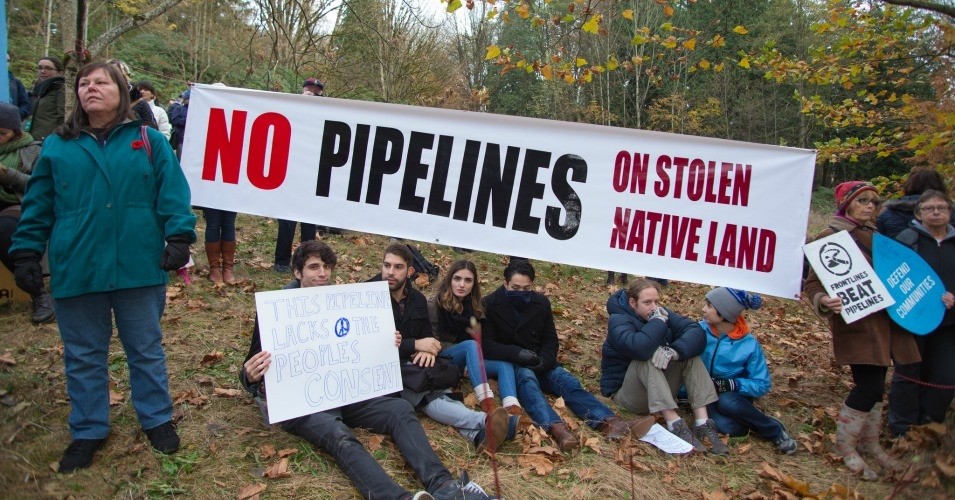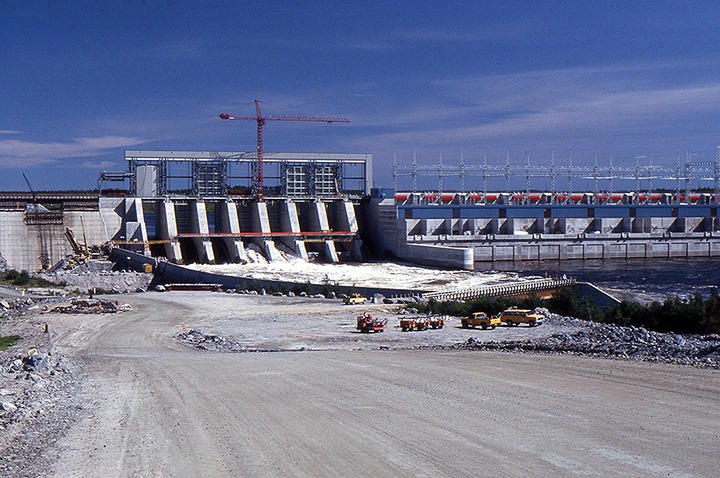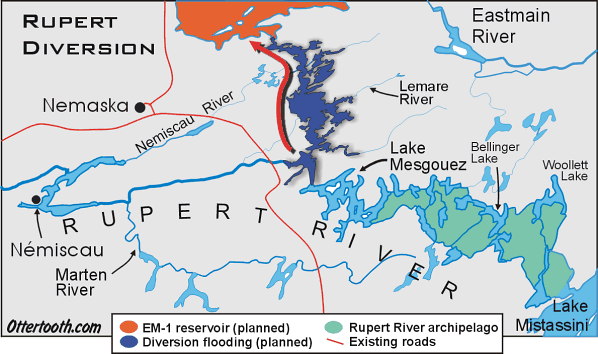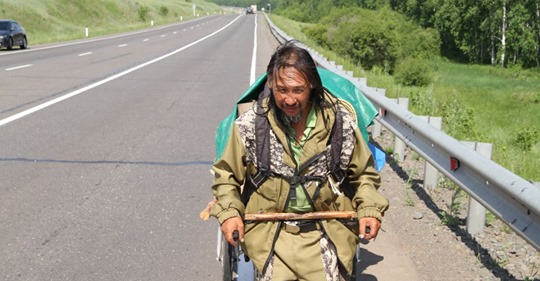
Water protector slain in Baja California
Oscar Eyraud Adams, a community activist in the Mexican border town of Tecate, Baja California, was assassinated in an attack on his home by what local accounts described as an “armed commando.” The following day, his brother-in-law was gunned down in a convenience store along the Tecate-Ensenada highway. Adams had been a prominent advocate for the Kumiai (also rendered Kumeyaay) indigenous people in their struggle for irrigation concessions for their remote communities in outlying rural areas of Tecate and Ensenada municipalities, which have been denied by the National Water Commission (ConAgua). Friends and supporters of Adams are blaming the assassinations on the “narco-state” and demanding that authorities investigate them as political crimes. (Photo: @AguaParaTodxsMX)









